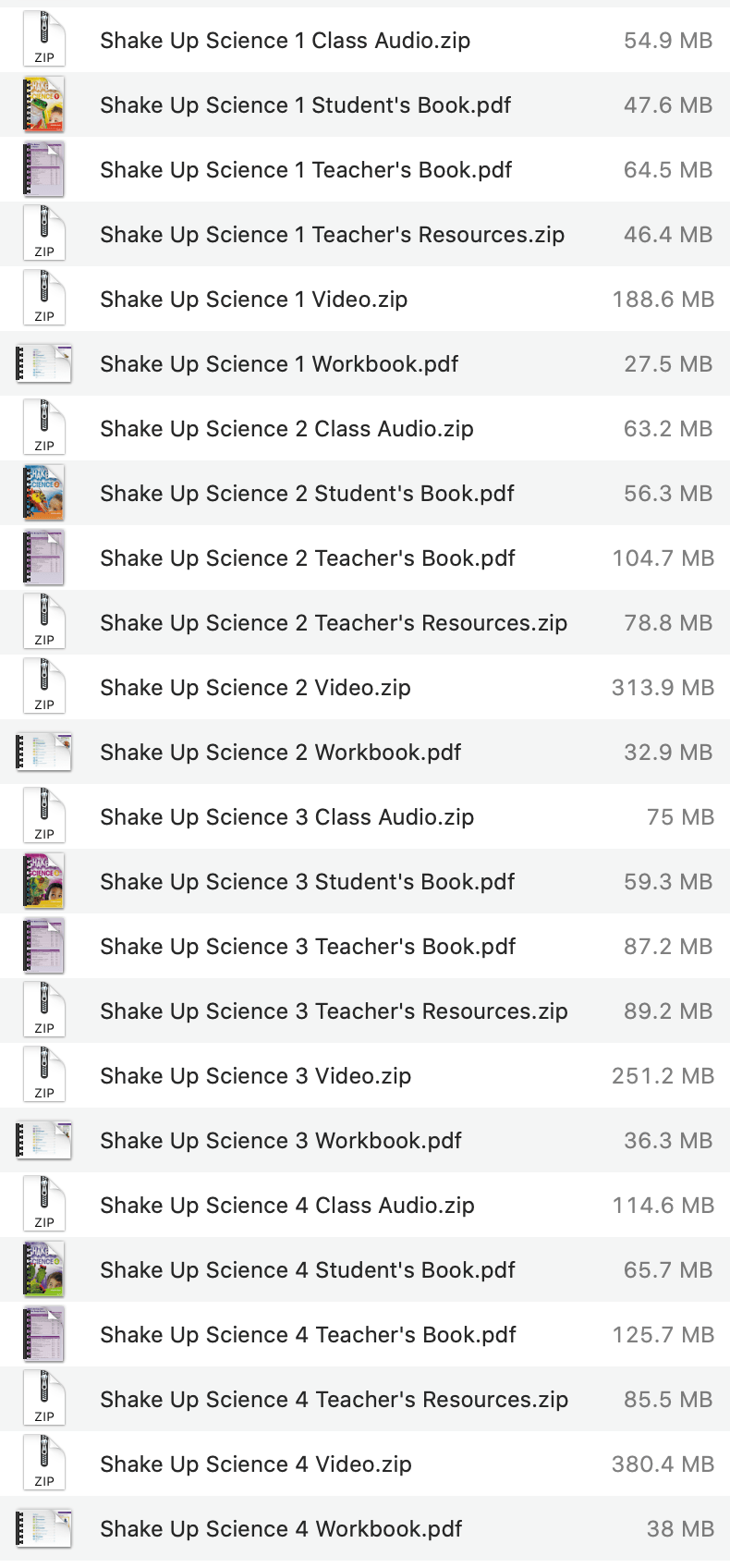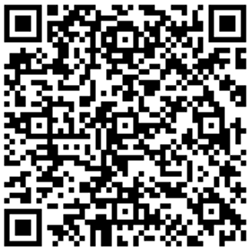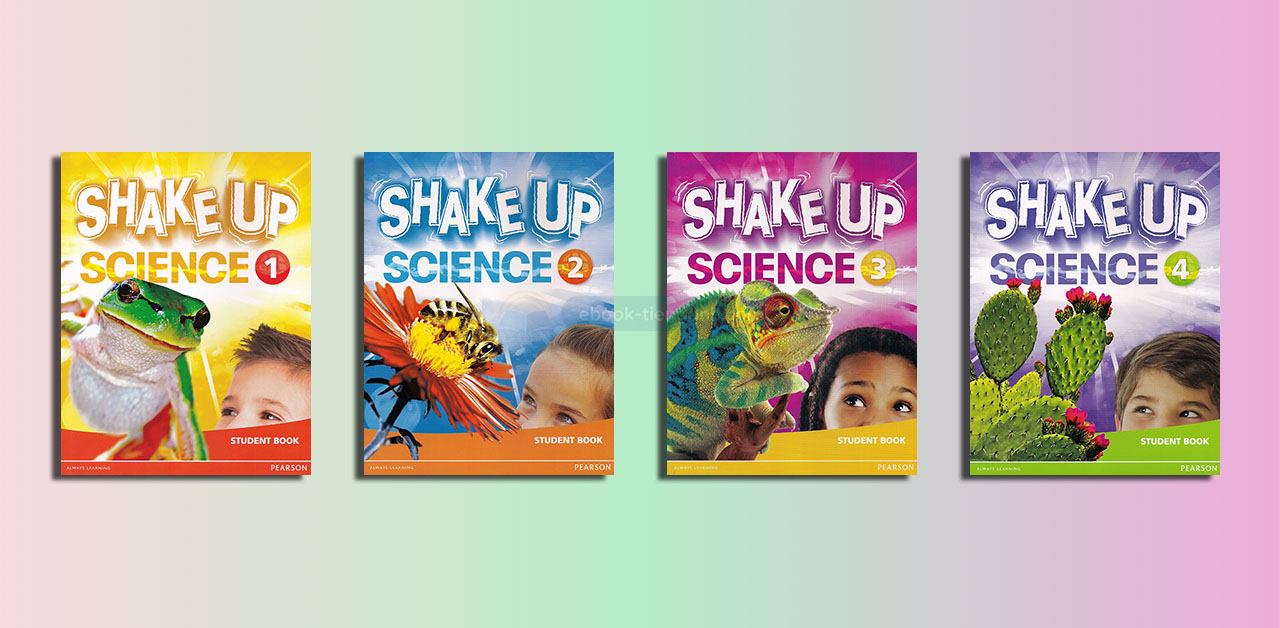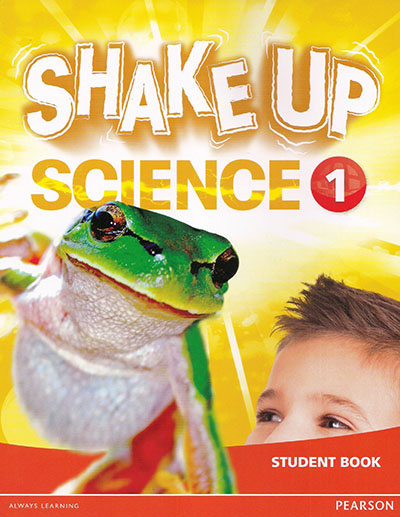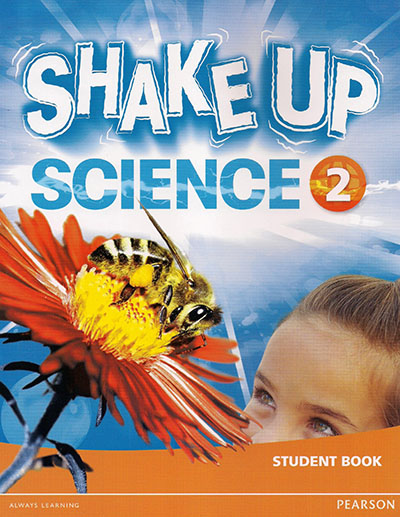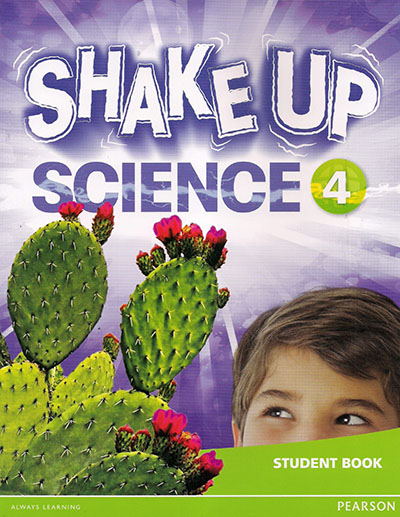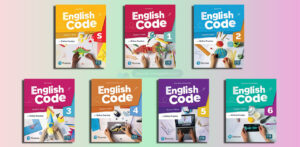Shake Up Science
Active Teach
Shake Up Science 1 Active Teach.zip
Shake Up Science 2 Active Teach.zip
Shake Up Science 3 Active Teach.zip
Shake Up Science 4 Active Teach.zip
PDFs, Resources
Level 1
Shake Up Science 1 Class Audio.zip
Shake Up Science 1 Student’s Book.pdf – Sample: Click
Shake Up Science 1 Teacher’s Book.pdf
Shake Up Science 1 Teacher’s Resources.zip
Shake Up Science 1 Video.zip
Shake Up Science 1 Workbook.pdf – Sample: Click
Level 2
Shake Up Science 2 Class Audio.zip
Shake Up Science 2 Student’s Book.pdf – Sample: Click
Shake Up Science 2 Teacher’s Book.pdf
Shake Up Science 2 Teacher’s Resources.zip
Shake Up Science 2 Video.zip
Shake Up Science 2 Workbook.pdf – Sample: Click
Level 3
Shake Up Science 3 Class Audio.zip
Shake Up Science 3 Student’s Book.pdf – Sample: Click
Shake Up Science 3 Teacher’s Book.pdf
Shake Up Science 3 Teacher’s Resources.zip
Shake Up Science 3 Video.zip
Shake Up Science 3 Workbook.pdf – Sample: Click
Level 4
Shake Up Science 4 Class Audio.zip
Shake Up Science 4 Student’s Book.pdf – Sample: Click
Shake Up Science 4 Teacher’s Book.pdf
Shake Up Science 4 Teacher’s Resources.zip
Shake Up Science 4 Video.zip
Shake Up Science 4 Workbook.pdf – Sample: Click

✅ Nhận Shake Up Science Active Teach 1,2,3,4 (Windows): 100k / level; 300k / all 4 levels
✅ Nhận Shake Up Science (PDFs, Resources): 100k / level; 300k / all 4 levels
Thanh toán tại đây
Thông tin tài khoản:
Duong Trung Dinh
37499167
ACB
Nội dung chuyển khoản: email của bạn
QR Pay:
Sau khi thanh toán thành công, bạn hãy nhập email và tên file, để chúng tôi gửi file cho bạn.
✅ Get Shake Up Science Active Teach 1, 2, 3, 4 (Windows): $6 for one level; $20 for all 4 levels
✅ Get Shake Up Science (PDFs, Resources): $6 for one level; $20 for all 4 levels
✅ Get Shake Up Science (Active Teach + PDFs, Resources): $35 for all 4 levels
๏ Make the payment here: Click here
Introduction to ‘Shake Up Science’
| ✅ Coursebook: | Shake Up Science |
| ✅ Publisher: | Pearson |
| ✅ For: | Primary, Science |
| ✅ Publication year: | 2016 |
‘Shake Up Science‘ is a transformative educational program developed by Pearson, aimed at integrating science learning with English language acquisition for primary school students.
The Genesis and Philosophy of ‘Shake Up Science’
The genesis of ‘Shake Up Science’ lies in the need for a comprehensive educational approach that merges science education with English language learning. This program was developed with the philosophy that understanding scientific concepts and English proficiency should go hand in hand, especially in a globalized world where English is often the medium of scientific communication.
Core Objectives and Target Demographic
The core objectives of ‘Shake Up Science’ are twofold: to foster a solid understanding of basic scientific principles among young learners and to enhance their English language skills. This program targets primary school students, particularly those who are English Language Learners (ELLs), providing them with an engaging and interactive learning experience that caters to their unique educational needs.
Detailed Breakdown of ‘Shake Up Science’ Components
‘Shake Up Science’ is a comprehensive educational program, equipped with a variety of components designed to facilitate an interactive and effective learning experience.
Student-Focused Learning Materials
For students, ‘Shake Up Science’ provides a range of learning materials, including age-appropriate Student Books and engaging Workbooks. These materials are carefully crafted to cater to young learners, combining scientific knowledge with language development exercises that are both educational and enjoyable.
Teacher Resources and Tools
Teachers are supported with a wealth of resources, such as the Teacher’s Book, which offers detailed lesson plans and instructional guidance. Additionally, there are resources like ActiveTeach for interactive teaching and supplementary materials that aid in lesson planning and delivery.
Multimedia and Interactive Elements
A key feature of ‘Shake Up Science’ is its use of multimedia and interactive elements. Class Audio CDs, Picture Cards, and Posters are integrated into the curriculum to create a dynamic classroom environment. These tools not only enhance the learning experience but also cater to different learning styles, ensuring that each student can engage with the content in the most effective way.
Educational Methodology in ‘Shake Up Science’
The educational methodology of ‘Shake Up Science’ is grounded in innovative and effective teaching strategies designed to enhance both science and language learning.
Exploring the 5E Teaching Sequence
At its core, ‘Shake Up Science’ implements the 5E Teaching Sequence – Engage, Explore, Explain, Elaborate, and Evaluate. This model promotes an interactive learning environment where students are encouraged to engage with new concepts, explore them through hands-on activities, explain their understanding, elaborate further, and evaluate their knowledge.
Inquiry-Based Learning in Action
Inquiry-based learning is a pivotal aspect of ‘Shake Up Science’. It encourages students to be curious and question-driven, allowing them to actively participate in their learning process. This approach not only deepens their scientific understanding but also enhances critical thinking and problem-solving skills.
Customizing Learning for Diverse Classrooms
Recognizing the diversity in classrooms, ‘Shake Up Science’ is designed to be adaptable. The program offers various entry points and differentiated activities to cater to students of different language proficiencies and learning needs. This customization ensures that all students, regardless of their background, can benefit from and engage with the curriculum effectively.
Advantages of Integrating ‘Shake Up Science’
Integrating ‘Shake Up Science’ into the curriculum offers numerous advantages that significantly benefit students’ learning experiences.
Cognitive and Linguistic Development Benefits
‘Shake Up Science’ uniquely blends science education with English language learning, aiding in both cognitive and linguistic development. Students not only grasp scientific concepts but also improve their language skills, vocabulary, and comprehension. This dual focus enhances overall cognitive abilities, preparing students for more complex academic challenges.
Building a Foundation for Advanced Scientific Education
The program lays a solid foundation for future scientific studies. By introducing fundamental scientific principles and encouraging inquiry-based learning, students develop a strong base for understanding more advanced scientific concepts in later education.
The Role in Fostering Critical Thinking and Creativity
‘Shake Up Science’ plays a crucial role in developing critical thinking and creativity. Through hands-on experiments, problem-solving tasks, and engaging activities, students are encouraged to think critically and creatively. This not only enhances their scientific understanding but also equips them with essential life skills.
Practical Guide to Implementing ‘Shake Up Science’
Successfully implementing ‘Shake Up Science’ requires thoughtful planning and execution to maximize its benefits in the classroom.
Steps for Effective Classroom Integration
Effective integration starts with familiarizing teachers with the program’s materials and methodology. Aligning the ‘Shake Up Science’ curriculum with the school’s existing framework is crucial. This can involve mapping out how the program fits with the current syllabus, scheduling, and student needs.
Training and Support for Educators
Providing educators with comprehensive training and continuous support is essential. Workshops, instructional guides, and peer collaboration can help teachers effectively use ‘Shake Up Science’ resources. Online forums and professional development sessions can also offer additional support.
Monitoring and Assessing Student Progress
Regular assessment of students’ progress is vital. ‘Shake Up Science’ includes tools for monitoring student understanding of both scientific concepts and language skills. Tailoring assessments to individual learning goals and providing feedback are key to ensuring that each student benefits from the program.
Case Studies and Success Stories
‘Shake Up Science’ has a record of success and impact, as evidenced by various case studies and testimonials from around the world.
Global Impact and Adaptation
Case studies from diverse educational settings globally showcase the adaptability and effectiveness of ‘Shake Up Science’. Schools across different countries have integrated the program, tailoring it to meet their specific educational and linguistic needs, resulting in significant improvements in both science and English language proficiency among students.
Testimonials from Educators and Students
Educators praise ‘Shake Up Science’ for its engaging content and comprehensive approach, noting marked improvements in student engagement and understanding. Students, on the other hand, have expressed enjoyment and increased interest in science and English learning, attributing it to the interactive and inquiry-based nature of the program.
Future Directions and Updates in ‘Shake Up Science’
‘Shake Up Science’ is an evolving educational program, continuously adapting and expanding to meet the ever-changing educational landscape.
Innovations and Upcoming Features
Future updates of ‘Shake Up Science’ are expected to include cutting-edge innovations in educational technology and methodology. These might involve enhanced digital platforms, interactive online resources, and even more tailored content for diverse learning environments.
Staying Updated with ‘Shake Up Science’ Developments
Staying informed about the latest developments in ‘Shake Up Science’ is crucial for educators and institutions. Regular updates can be accessed through Pearson’s official channels, educational newsletters, and professional development workshops, ensuring that users benefit from the most current resources and teaching strategies.
Who is suitable for ‘Shake Up Science’?
“Shake Up Science” is particularly suitable for primary school students, especially those who are English Language Learners (ELLs). The program is designed to facilitate the simultaneous learning of scientific concepts and English language skills, making it an ideal educational tool for young learners at varying stages of language acquisition and scientific understanding. Its structured and engaging approach caters to a diverse range of learning needs and proficiencies in both science and English.
The benefits of ‘Shake Up Science’
The benefits of ‘Shake Up Science’ include:
- Integrated Learning: Combines science education with English language development, enhancing both scientific understanding and language skills.
- Inquiry-Based Approach: Encourages curiosity and active learning, fostering critical thinking and problem-solving abilities.
- Adaptability for Diverse Learners: With resources for various levels, it accommodates students with different learning needs and language proficiencies.
- Engaging and Interactive Content: Keeps students interested and motivated through interactive materials and activities.
- Foundational Skill Development: Prepares students for more advanced studies in both science and English, building a strong educational foundation.
Effective teaching and learning strategies for ‘Shake Up Science’
Effective teaching and learning strategies for ‘Shake Up Science’ include:
- Inquiry-Based Learning: Encourage students to ask questions, explore concepts, and engage in hands-on activities to deepen their understanding.
- Interactive Lessons: Utilize multimedia resources like ActiveTeach and class audio CDs to create dynamic and engaging lessons.
- Differentiated Instruction: Tailor teaching methods and materials to accommodate different learning styles and language proficiency levels.
- Collaborative Learning: Promote group work and projects to enhance communication skills and teamwork.
- Regular Assessments: Use assessments to gauge understanding, provide feedback, and adjust teaching strategies as needed.
- Language Support: Provide additional language aids for English Language Learners to ensure comprehension of scientific terms and concepts.

